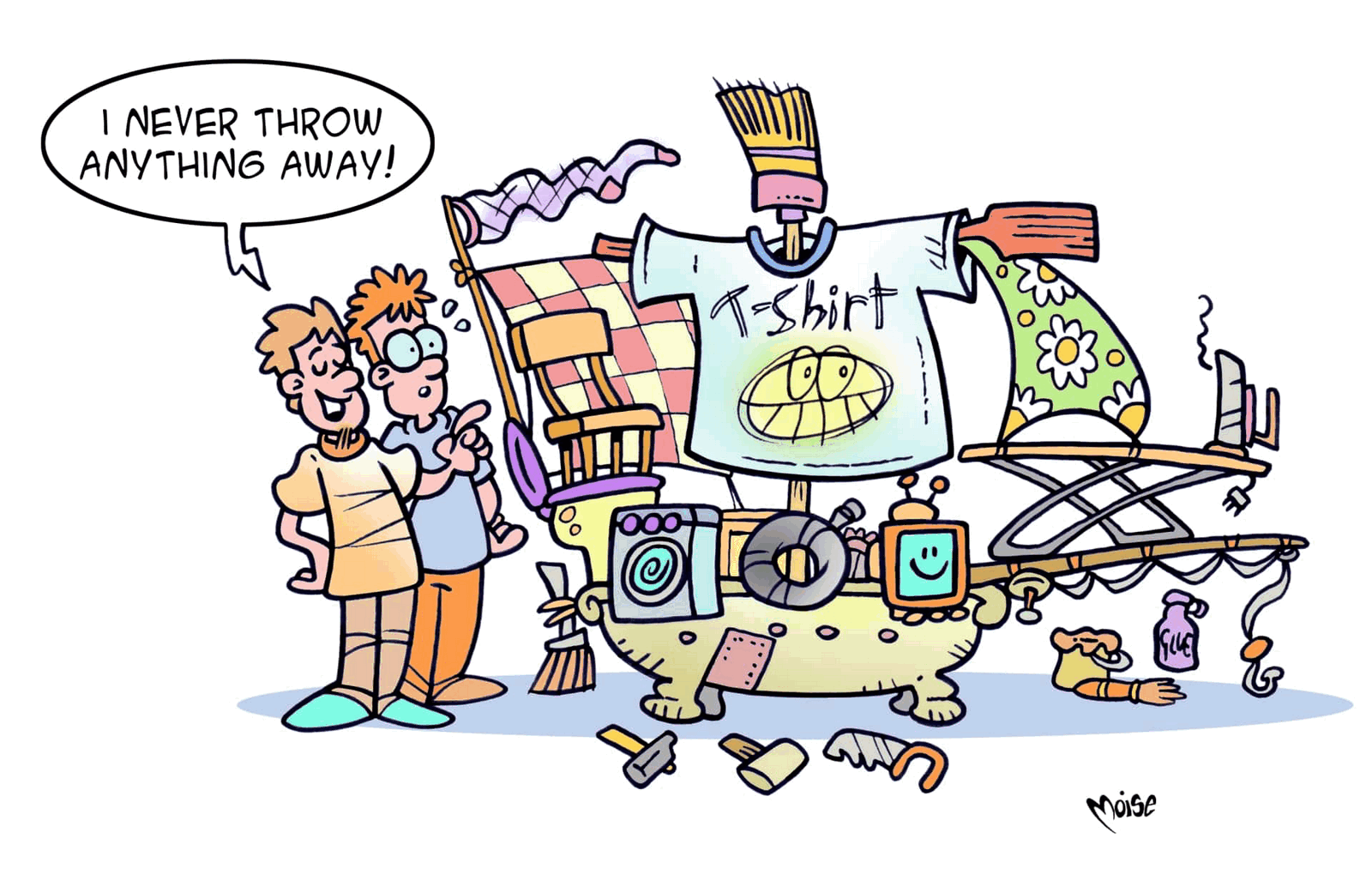Everything is Created, Nothing is Destroyed

For each word, we’ll give you the new definition and tell you what you have to do to work it out:
-
from CHAIRS (by changing a letter), you get something that binds or restrains;
-
from BAG (with the addition of one letter) you get a sudden loud noise;
-
from SKIRT (by changing a consonant) you get another piece of clothing;
-
BREAD is an anagram of a word meaning facial hair;
-
from DOLL (by changing a vowel), you get something boring and uninteresting;
-
from CAKE (by changing a consonant), you get a box or... an instance.



